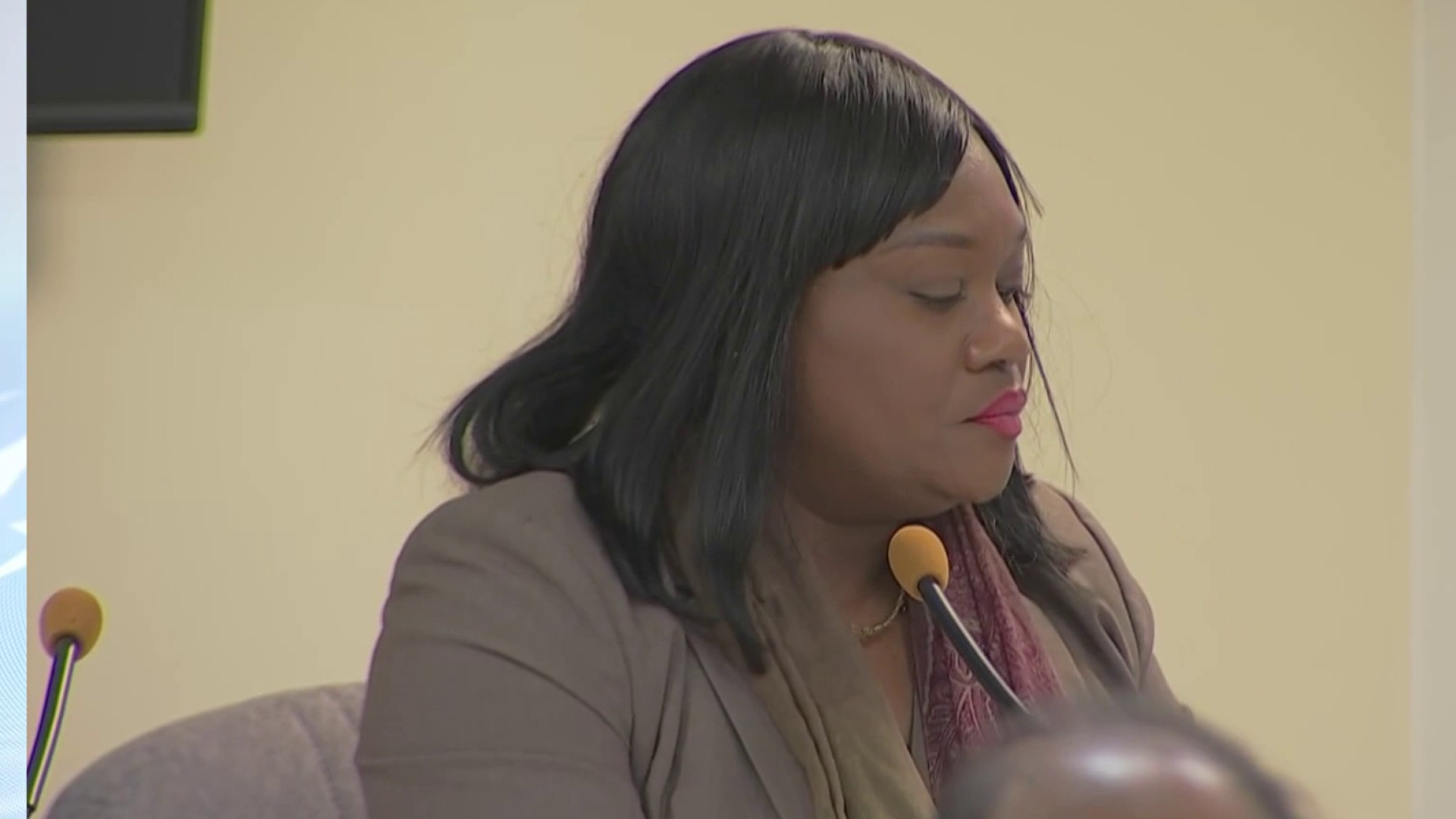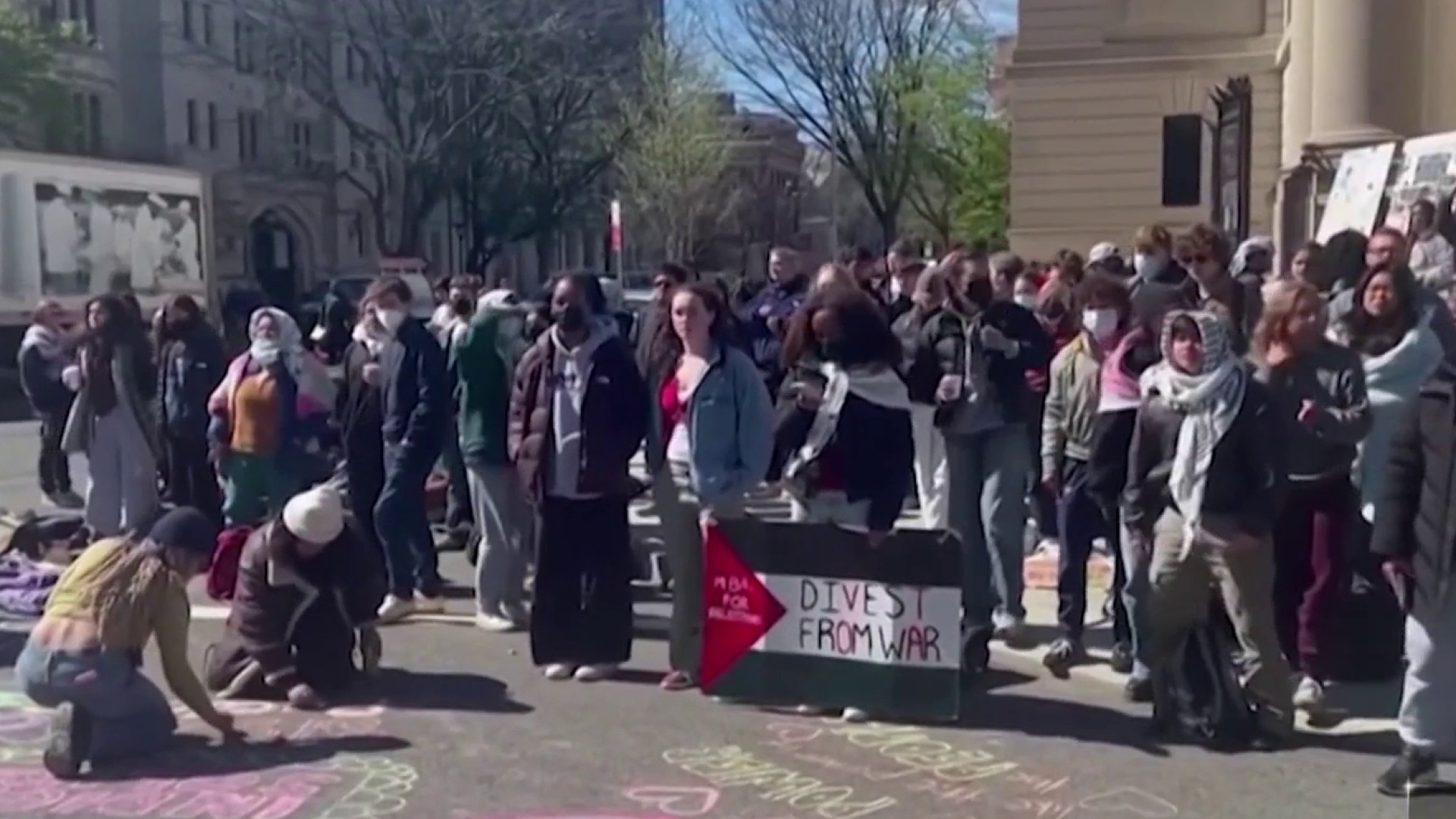Most New Jersey residents looking for a property tax rebate check in the mail will be sorely disappointed.
It’s bad enough that homeowners in the garden state have to pay the highest property tax in the nation but now over 1 million of them will no longer get the rebate check they’ve come to rely on according to Treasury Department spokesman Tom Vincz.
Gov. Jon Corzine's revised 2010 budget proposal released Tuesday by Treasurer David Rousseau, keeps rebates for 700,000 seniors and the disabled but eliminates them for everyone else.
Corzine's original proposal, released in March, got rid of rebates for those earning more than $75,000. But with updated revenue projections coming up $2 billion short for the 2010 budget year, rebates were not sustainable this year.
"We simply cannot spend money that we don't have," Rousseau told the Assembly Budget Committee members Tuesday.
The move would save the state nearly a billion dollars and cost homeowners $950 on average; renters would miss out on an average $75 rebate, according to the Treasury Department.
New Jersey taxpayers already pay $7,000 a year on average in property taxes, or about twice the national average.
Property tax rebate checks have been around since 1977.
Local
Breaking news and the stories that matter to your neighborhood.
Corzine's revised budget also raises income taxes on the wealthy, reduces the amount of education and preschool funding he proposed in March and raises taxes on HMOs, among other things.
Last week, he announced that he will take $450 million from New Jersey's rainy day fund, put off making aid payments to public school districts until July and trim the state's contribution to the employee pension fund by $150 million to rebalance this year's budget.
Republicans have criticized the Democratic governor -- up for re-election in November -- for using one-time fixes to plug budget holes, something he promised he wouldn't do when he was running for office in 2005.
"It's like musical chairs, and someone is going to be without a chair if we keep this up," said Assemblyman Joseph Malone, R-Bordentown.
The new plan also raises taxes on HMOs by 1 percent, which could result in higher premiums.
The budget proposal requires legislative approval by July 1, the start of the new fiscal year, and under the state constitution must be balanced.



